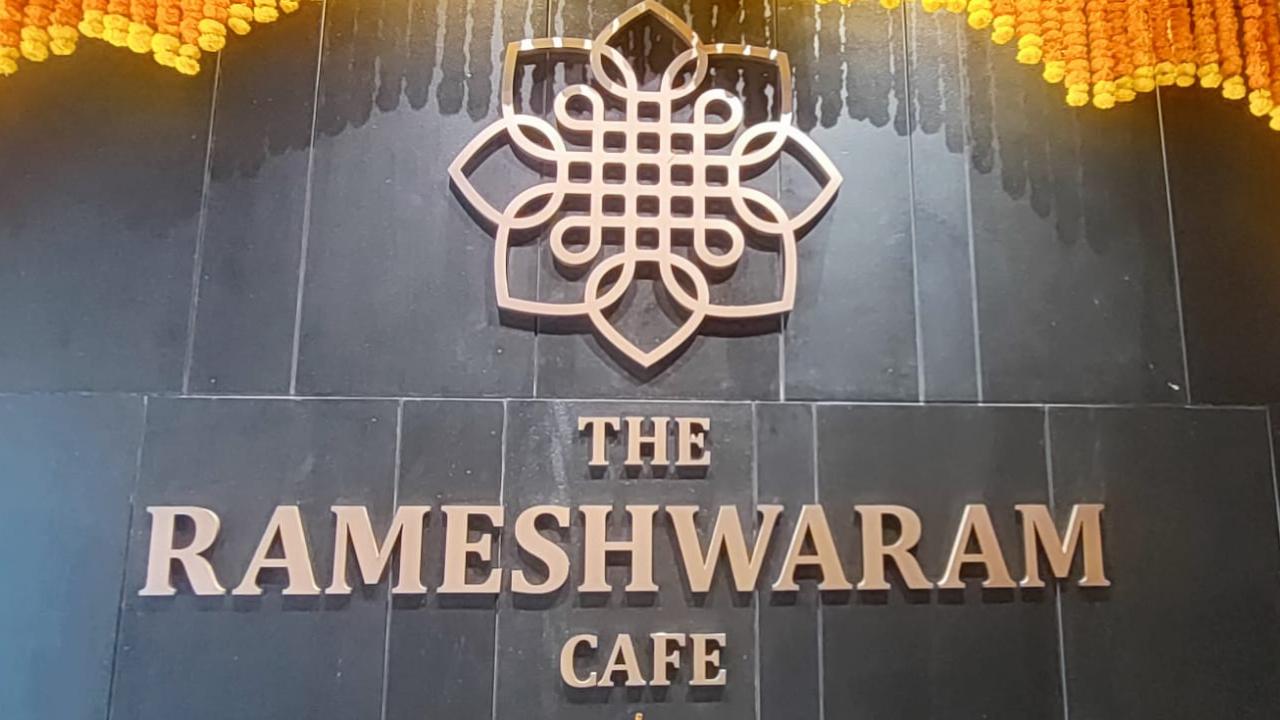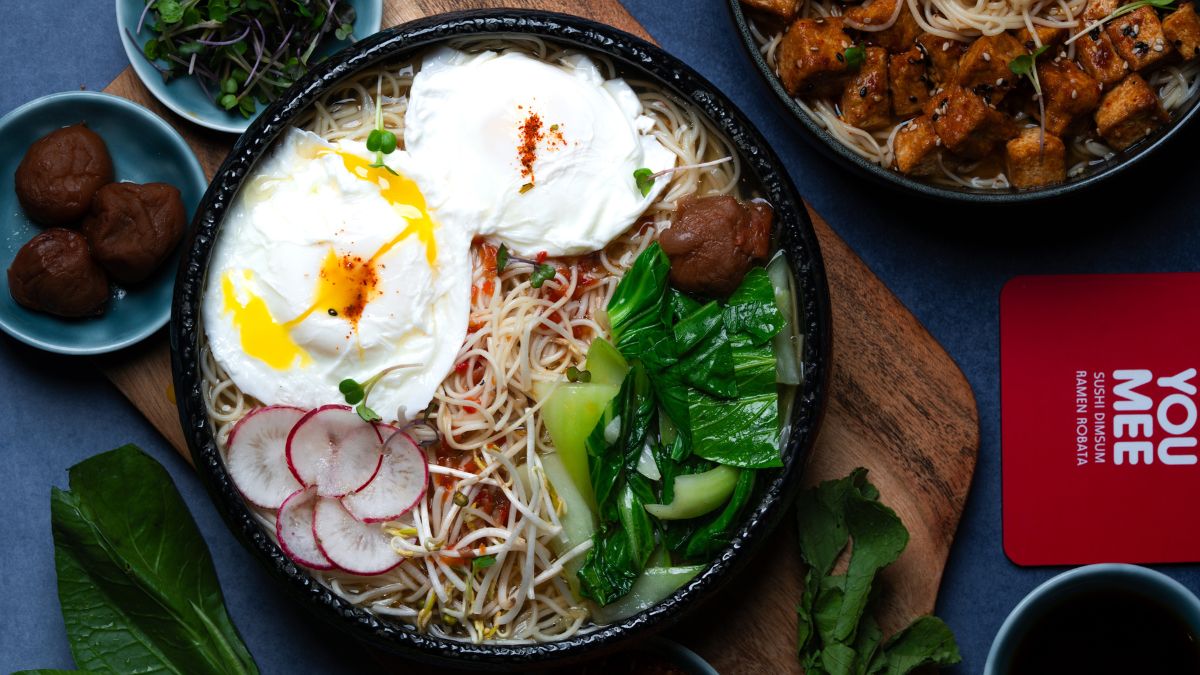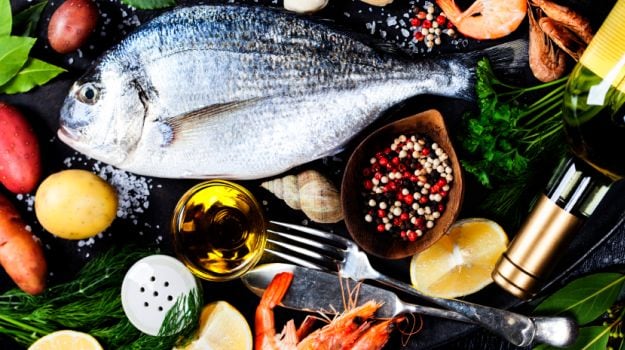Why is Vitamin B12 Important?
Our brain and nervous functions depend heavily on Vitamin B12. It also plays a pivotal role in the formation of red blood cells, regulating cell metabolism, DNA formation and its synthesis.
The Deficiency
"Vegetarians, especially the vegans, are generally at the risk of being deficient of B12. The vitamin is found chiefly in non-vegetarian diet as well as in milk and dairy products. Those who follow vegetarianism or are vegan should make sure that they consult their medical expert and take multivitamins and B12 supplements on a regular basis. Vitamin fortified foods can also be added in their daily diet," noted Dr Ritika Sammadar from Max Healthcare Saket in New Delhi.
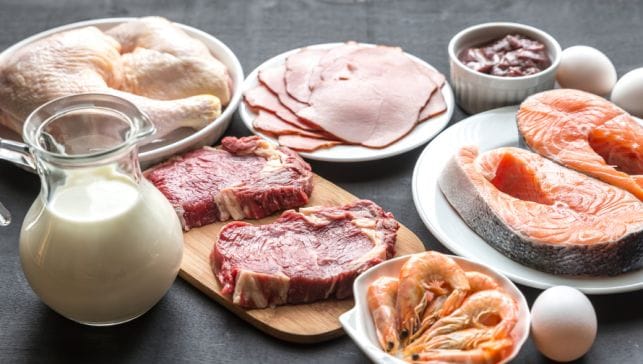
Vitamin deficiency can cause loss of appetite, constipation and digestive problems, fatigue, muscle weakness, nerve troubles, shortness of breath poor memory and anemia. Apart from improper diet or lack of supplementation, the deficiency can also be triggered by the prolonged use of certain drugs, lack of binding proteins in the body, improper absorption of nutrients by the body, intestinal disorders or surgery.
The Diet
The daily recommended dietary allowance (RDA) of Vitamin B12 is 2.4 micrograms for people ageing 14 years and above. Pregnant women require 2.6 micrograms and breastfeeding mothers would need 2.8 micrograms daily. As discussed earlier, non-vegetarian food items are the best sources of the Vitamin. Let's take a look at some of the food sources of Vitamin B12 so as to make up the daily RDA.
Dairy Products - 250ml of milk would include roughly 1.2-1.4 micrograms of Vitamin B12. Skimmed milk would give you 1 microgram. Swiss, Emmental and cottage cheese are the top sources of Vitamin B12 among all cheeses giving you close to 1.7 micrograms per 50 grams. Yogurt, buttermilk and fortified soy milk are also good options for the vegetarian population.
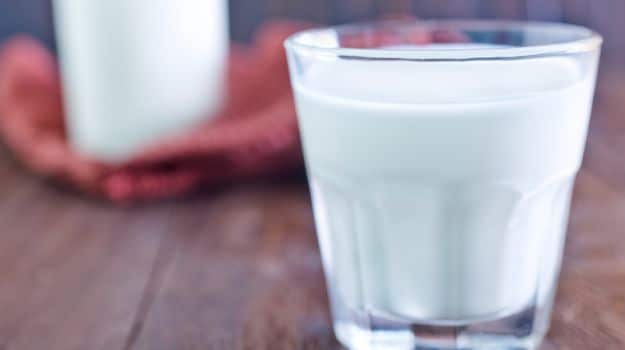
1. Liver and Kidney - Liver and kidneys are highly enriched with Vitamin B12. 75 grams of cooked liver (lamb, goat) has close to 55 micrograms of Vitamin B12. Cooked kidney is also excellent source of the Vitamin.
2. Animal Meat - 75 gms of cooked turkey, chicken or duck would meet 0.3 micrograms of Vitamin B12. Pork is also a good option.
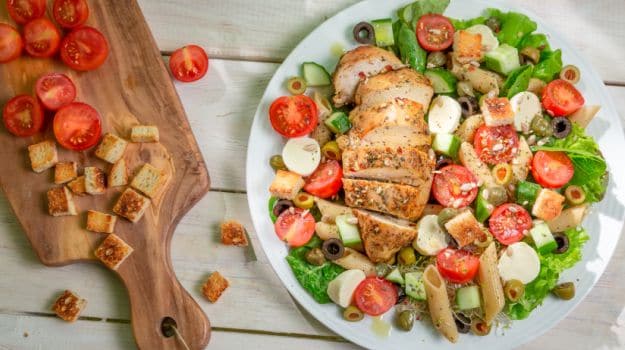
3. Seafood - If you survive on seafood, you are best fed with Vitamin B12. All fish and shellfish are excellent sources of Vitamin B12. 75 grams of cooked clams have a whopping 74 micrograms of Vitamin B12. Other good options would include mussels, mackerel, tuna, sardines, herring and other fish. 75 grams of any of these can easily meet your daily Vitamin B12 RDA.
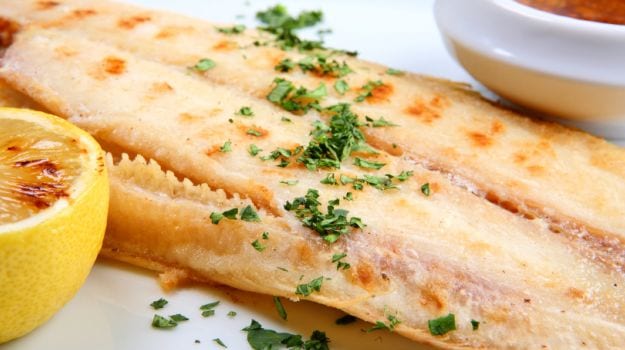
4. Eggs - Two large cooked eggs would equal close to 1.5 micrograms of Vitamin B12. Beside these items, vegetarians can consider consuming fortified drinks, milks, cereals, granola, energy bars, etc.
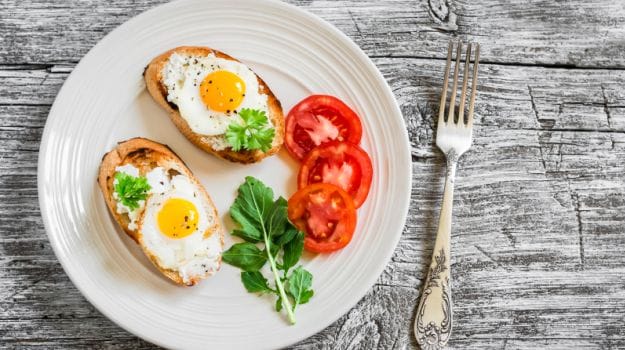
*Nutritional information via Dietitians of Canada




